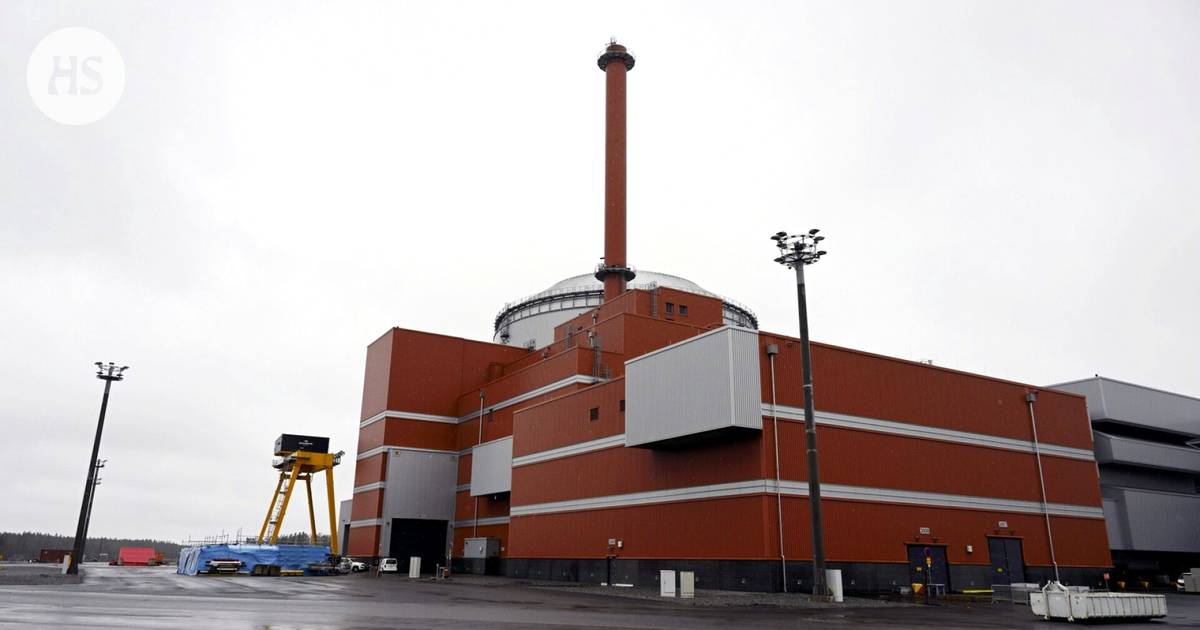The bankruptcy of VDL-Schmitz Cargobull has left the Christian trade union ACV with a sense of disappointment, but they are still hopeful for the future of the manufacturing industry in the region. Recent developments at Van Hool led to a “quick restart” that sealed the fate of the company, despite an anticipated bidding war between potential buyers.
Kim Samison of ACV acknowledged that the blow of bankruptcy will take time to process, especially for employees and their families, as well as for the region and manufacturing industry as a whole. The delay in the acquisition process has resulted in financial losses and employee departures to other opportunities. The approach of a “flash bankruptcy” by VDL-Schmitz Cargobull seemed advantageous due to the debt relief it offered to potential buyers.
Despite these challenges, ACV is seeking a positive way forward and drawing lessons from this situation. They are optimistic about moving in the right direction, even though recent developments have brought uncertainties and plot twists. In a last-minute decision, Dutch VDL and Guido Dumarey lost out on their bid for Van Hool, with curators finalizing an agreement with VDL and Schmitz Cargobull for different components of the company’s operations.
Under this agreement, one company will handle the bus and coach division while the other focuses on trailers. The intended restart is expected to provide employment for up to 950 individuals, with exact numbers communicated by new owners in coming weeks. Production in North Macedonia is also expected to return to normalcy under new ownership.
In conclusion, while bankruptcies can be devastating for those affected by them, there is always hope for recovery and growth in industries such as manufacturing. ACV’s efforts towards finding solutions amidst these challenges demonstrate their commitment towards ensuring that workers have job security and businesses continue to thrive in their respective regions.


